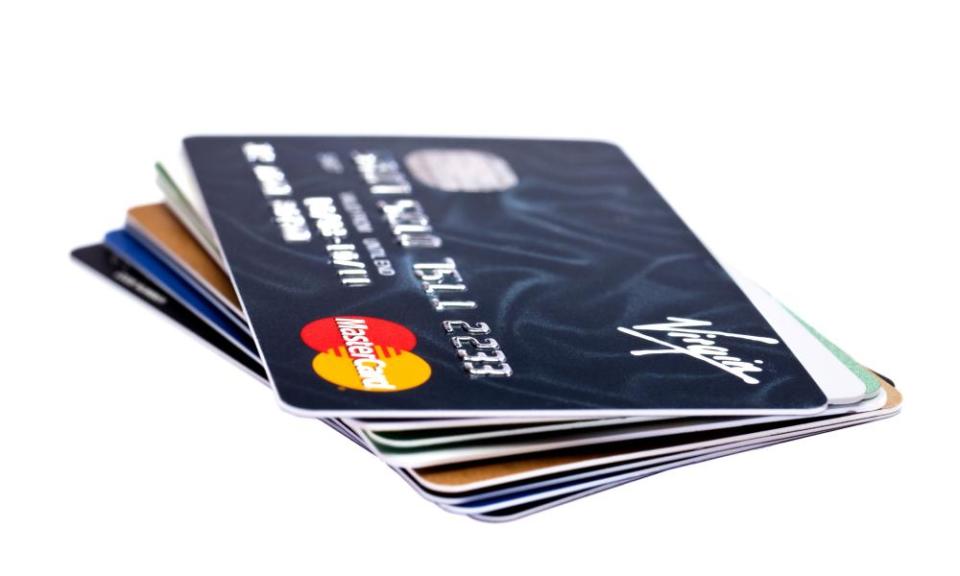Gambling watchdog plans to ban online credit card bets

The gambling industry watchdog is preparing to ban bookmakers from taking credit card deposits for betting online, in the latest move to prevent the exploitation of vulnerable customers.
The Gambling Commission is expected to announce the long-awaited ban on credit card wagers, with the rules due to be unveiled as soon as Tuesday. Well-placed sources said an announcement by the regulator was imminent. It comes two years after charity groups such as GambleAware and Citizens Advice urged the government to implement the policy to protect people from sliding into gambling addiction.
Major betting websites including PokerStars, Betfair, 888 and Bet365 all currently allow their customers to make deposits online using credit cards, which has led to warnings from campaigners that gamblers risk racking up huge debts.
Last year, the Guardian reported on the case of a problem gambler who used nine credit cards to spend hundreds of thousands of pounds with online casinos, who she claimed ignored her obvious signs of a spiralling addiction. Her losses include one of £54,000 in an overnight spree when she was allowed to place bets worth more than £380,000 on one website in a single session.
The regulator is expected to unveil a full ban on credit cards being used for online gambling accounts. Customers will be limited to using their debit cards to prevent them from overextending themselves.
The consultation that led to the commission’s decision included e-wallets, indicating that payment services such as PayPal will probably be included in the ban. The Guardian revealed last year that such providers had allowed problem gamblers to circumvent banking limits and spend up to £150,000 a day.
In addition to the credit card crackdown, the commission is also preparing to announce that membership of GamStop will become a condition of online casinos’ licence to operate. GamStop allows people who want to block themselves from gambling voluntarily to give their details, which are then shared to prevent them from opening new accounts elsewhere. The system is designed to spot attempts to fool it, such as by using pseudonyms.
The commission’s approval of GamStop means any bookmaker or online casino that wants to operate in the UK will have to sign up to the scheme. The regulator had held off from approving the scheme until now, amid concern that it could not guarantee that people registered to it would not also be sent marketing material encouraging them to bet.
The move indicates the regulator is finally satisfied that GamStop is effective, coming after years of delays beyond its original launch date in 2017 amid criticism that it was ineffective at barring addicts from placing bets.
A ban on gambling on credit has been Labour policy since September 2018, after mounting support from MPs across the political divide to prevent gambling firms from exploiting vulnerable customers.
The regulator’s latest interventions come amid mounting expectations that the government will begin the process of drawing up a new Gambling Act to replace the one passed by Tony Blair’s government in 2005, which has been criticised for dramatically reducing regulation.
The industry’s reputation has taken further blows in recent weeks after revelations about its reliance on so-called VIPs making heavy losses, and concerns about a commercial deal with the Football Association to live-stream FA Cup games. The £750m deal to provide seven bookmakers with exclusive rights to screen some fixtures sparked an outcry – leading the FA to agree that matches would be shown elsewhere, too.
The Gambling Commission and the Department for Digital, Culture, Media and Sport both declined to comment.

 Yahoo Finance
Yahoo Finance 